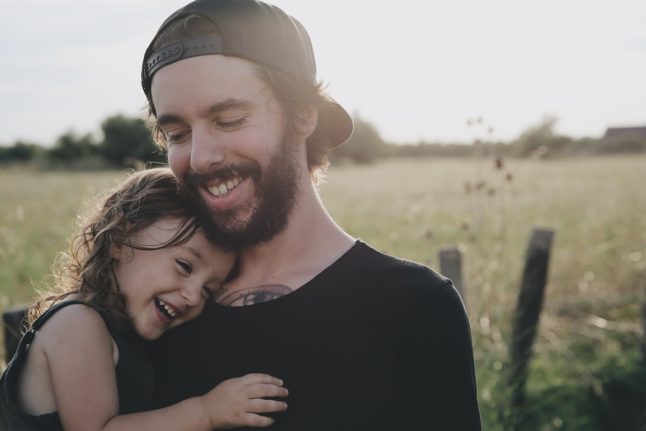Currently in Switzerland, a woman whose partner dies is entitled to a lifelong widow’s pension. A man, however, is entitled to a similar survivor’s pension only until his youngest child comes of age.
That’s set to change under a new proposal from the Federal Council.
The proposal would amend the law governing survivor pensions to focus more on whether the surviving spouse has children. Lifelong widow’s pensions would go entirely, while both widows and widowers would receive benefits until their children reach the age of 25.
For parents of children, this would happen no matter what their marital status was. Married couples without dependents would get a transitional benefit that would last for two years.
The federal government estimates the reform would save itself about 160 million CHF.
But it’s not a guaranteed done deal. The Radical Liberal, Swiss People’s party, and the Centre party are generally in favour, yet Social Democrats and Greens have taken issue with some parts of the bill – and even those in favour may want certain concessions before a date is set for a vote.
READ ALSO: What happens next after Switzerland’s historic pension vote?



 Please whitelist us to continue reading.
Please whitelist us to continue reading.
Member comments